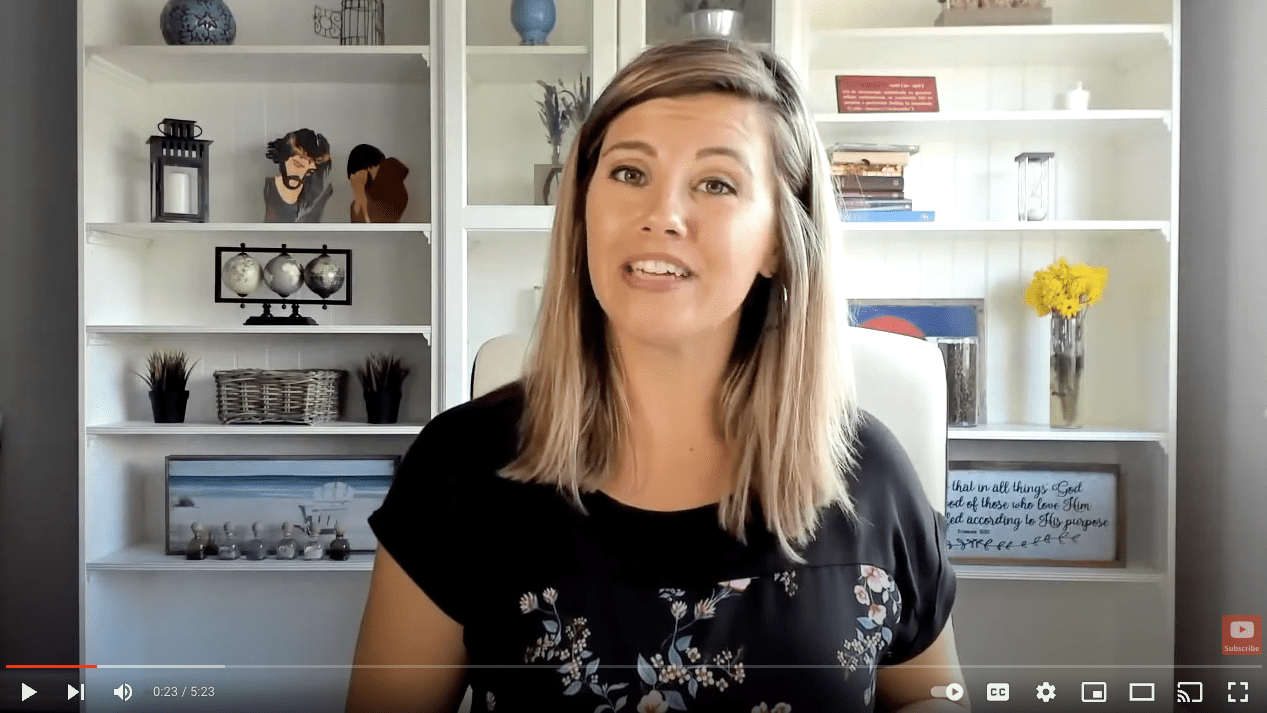Post-Wedding Blues: Is it Normal to Have Anxiety & Depression after Your Wedding?
This article is based on scientific evidence and clinical experience, written by a licensed professional and fact-checked by experts.
Posted: May 1, 2020
Estimated reading time: 6 minutes
In This article

The author/counselor Jacob Wilhelm of this article is no longer with MyCounselor; however, wanting to continue to share their expertise on the subject, we would like to cite, credit and thank Jacob Wilhelm for their contributions to our clients.
Charles asks, “After our honeymoon and getting into our new life as newlyweds, I have felt a ton of anxiety and depression. Is this normal for husbands?” Read more to find out what Christian Counselor says about normal post-wedding blues. He explains the brain science behind why anxiety & depression after a wedding and honeymoon is common for newlyweds, as well as offers suggestions for anyone asking, “Is it normal to be sad or even experience anxiety and depression, after your wedding?”
CASSIE
Welcome to MyCounselor Online. I’m Cassie and this is MyCounselor Says. MyCounselor Says is where you submit a question, either for yourself, or for a friend, and one of our incredible therapists takes their time and answers your personal question. So let’s go find out what MyCounselor Says.
JACOB WILHELM ON THE EMOTIONS AND ENERGY THAT GOES INTO PLANNING A WEDDING
There is a lot that goes into planning a wedding. There is the planning of wedding showers, the wedding reception, and the honeymoon. You have to make up seating charts, find the right cake, get flowers, and find the right music.
This takes a ton of time, planning, and energy. Emotions can vacillate between excitement, anxiety, fear, worry, joy and more.
THE POST-WEDDING BLUES: EXPERIENCING ANXIETY & DEPRESSION AFTER YOUR WEDDING
After the wedding excitement and the honeymoon, things can change. Experiencing anxiety and depression is not uncommon. To that effect, Dr. Jocelyn Charnas, psychologist and well-known ‘wedding doctor’, says that almost everyone experiences some level of anxiety, worry, or depression after the big day.
With any milestone we look forward to, a certain degree of difficult feelings, whether it’s emptiness, loneliness, or sadness, is not uncommon after the fact.
THE BRAIN SCIENCE BEHIND POST-WEDDING BLUES: WHY YOU MAY BE SAD, ANXIOUS, OR DEPRESSED AFTER YOUR WEDDING
To understand this a bit further, let’s take a look at the brain. As we stated earlier, a lot goes into planning a wedding and honeymoon. This can create instances of experiencing happiness and excitement.
Brains crave working towards and anticipating goals to be accomplished. During this process of goal setting and planning, your brain releases a lot of dopamine. Dopamine is known as the pleasure molecule, but it is quite misunderstood. It is more so about anticipation. Couples therapist Elizabeth Sloan once said, “On the way to your wedding, you have many goals and milestones, and your brain is flooded with dopamine. But sooner or later after your wedding, you come back down to earth, and have the rest of your life to deal with again.”
Lastly, there’s another small chemical that I want to highlight, which is called Phenethylamine, or PEA for short. Anthropologist Dr. Helen Fisher states that, “PEA helps produce dopamine, and this contributes to the on-top-of-the-world feeling that attraction brings.
This on-top-of-the-world feeling doesn’t last forever. After a while, your brain gets accustomed to this, and this can feel disheartening. It feels like something must be wrong, or that the relationship must be broken, or you’re doing something wrong, because you don’t feel the same. You may experience the post-wedding blues.
But don’t let this be disheartening, because as your brain gets accustomed to this, it also starts providing a different set of neurochemicals to help deepen the relationship, like oxytocin and vasopressin.
WHAT TO DO IF YOU’RE DEPRESSED AS A NEWLYWED
So coming back to your question, experiencing anxiety and depression is not uncommon. The post-wedding blues is common. It doesn’t automatically mean that something is wrong with you or your relationship. It may just be the natural progression that your body is going through.
But, it also might be a good idea to talk to a professional to help figure it out. In doing so, here are some things that might be worth considering:
- Consider if you were experiencing any anxiety and depression prior to getting engaged.
- Are there any patterns to the anxiety or depression?
- Do you have any racing thoughts?
- Do you have any self deprecating thoughts? (Such as “I’m failing at this.” or “I’m not going to be good at that.”)
Those are all things worth considering.
Thank you so much for your question.
If you have a question that you want to be answered by one of our counselors, submit it here!
Back to topThis article is based on scientific evidence and clinical experience, written by a licensed professional and fact-checked by experts.
About the Author

Josh Spurlock
Josh Spurlock MA, LPC, CST, has a BA in Biblical Languages and a Masters in Counseling. He is a Licensed Professional Counselor (LPC), holding licenses in Missouri, Colorado, and Florida. He is also a Certified Sex Therapist (CST), Level 2 AEDP Therapist, and an Ordained Minister. He is an Advanced Practice Clinician, with over 10,000 hours of clinical experience. He specializes in Marriage Counseling, Sex Therapy, Family Counseling, and works with Executives, Pastors, Business Owners, and Ministry Leaders. Learn more about Josh Spurlock at JoshSpurlock.com.
Josh is currently unable to take on any new clients.
Learn More About JoshShare this article
View more articles

How to Revitalize Connection in a “Roommate” Marriage: Pt. 2 Physical Connection
By: Danielle Schaefer







